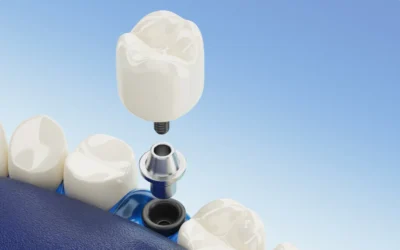Dental and oral health is an essential part of your overall health and well-being. Poor oral hygiene can lead to dental cavities and gum disease, and has also been linked to heart disease, cancer, and diabetes.
Maintaining healthy teeth and gums is a lifelong commitment. The earlier you learn proper oral hygiene habits such as brushing, flossing, and limiting your sugar intake, the easier it’ll be to avoid costly dental procedures and long-term health issues.
Your teeth, tongue, and entire mouth are vital when it comes to your oral health. However, when we take a step back and look at your oral anatomy, gums, also known as your gingiva, have the most significant influence on your overall health. More specifically, unhealthy gums can affect your health in many ways.
Heart disease
The bacteria from inflammation of the gum disease can enter your bloodstream and travel to the arteries in the heart leading to:
o Atherosclerosis
When plaque develops on and thickens your arteries’ inner walls, your blood flow is decreased through the body, leading to an increased risk of heart attack or stroke.
o Endocarditis
The inner lining of the heart (endocardium) can also become infected and inflamed.
· Dementia
Gingivitis bacteria can enter your brain through nerve channels or the bloodstream, possibly leading to Alzheimer’s disease.
· Respiratory infections
Inhaling bacteria from infected teeth and gums over a long period could lead to infections in the lungs, as well as pneumonia.
Diabetic complications
Periodontal disease can make your blood sugar difficult to control and make your diabetes worse. People with diabetes are also prone to periodontal disease.
· Cancer
Obviously, poor oral health practices such as smoking or using tobacco products can lead to oral and throat cancers, but other types of cancer have also been linked to gum disease.
Establish Good Hygiene Habits
There is good news amid all of this disease. And that is, it can easily be avoided or affected by your everyday oral hygiene decisions. So how do you do that? The answer is twofold:
1.Proper dental care
That’s for you and your entire family. Brushing twice a day with fluoride toothpaste. Flossing and antibacterial mouth rinse daily.
2.Dental checkups
Get in to see your dentist at least once in six months. They can give you a high-powered cleaning, help keep your gums healthy, and answer any oral health questions you may have.
Every part of our body needs and should be cared for, while every aspect of our body’s health can affect other parts and systems. It’s not something we should take lightly. A healthy oral hygiene routine will do wonders for your teeth, mouth, and smile from a dental perspective. And that should keep the rest of your body smiling as well.



